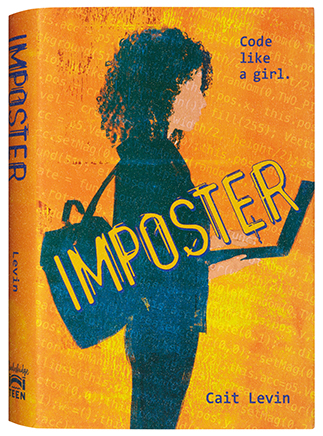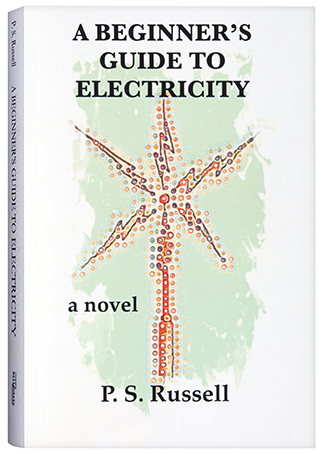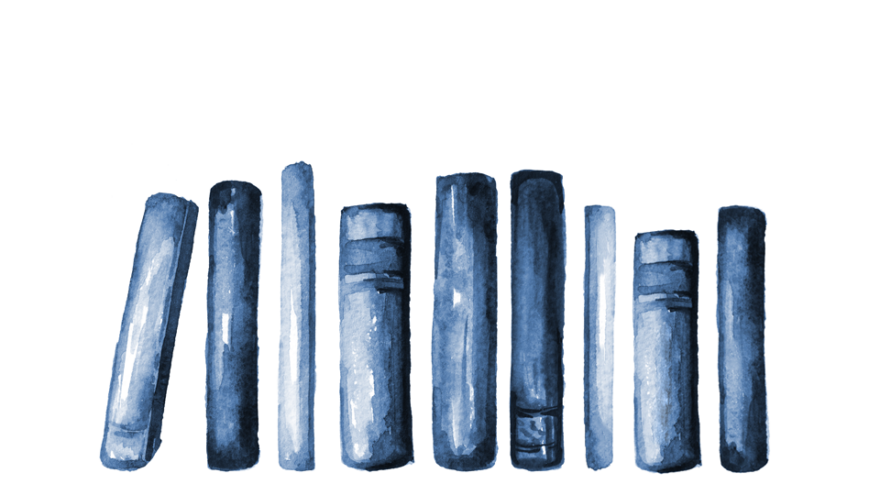
IMPOSTER
Cait Levin
In her debut novel, Imposter, Cait Levin, MA English ’18 tackles gender discrimination head on. Her main character, Cam, is a maker. She has always enjoyed figuring how to build things and then building them. As a sophomore in high school, she’s ready to expand her scientific knowledge, and she’s excited to sign up for Introduction to Computer Science. But the minute she walks into the classroom full of upper-class boys—who make it clear she doesn’t belong there—she is challenged to prove herself. When she and her best friend join the school’s RoboSub team, the only two girls to do so, the gender inequities continue to create self-doubt in Cam as to whether she is an imposter in a male field. With strong, likeable characters and the all-too-common theme of the difficulties females face in the STEM world, Levin creates a compelling storyline that will resonate with teenage girls who want to succeed in science and can feel empowered by Cam’s discovery that she does belong after all.

A BEGINNER’S GUIDE TO ELECTRICITY
P. S. Russell
“Literary fiction for boomers, freaks, Deadheads, environmentalists, artists, musicians, and those who love language” is how the first novel by Scott Russell ’80, A Beginner’s Guide to Electricity, is described. The story follows the journey of Radkin, through college and beyond, as he sets out on a series of adventures, from going on the road with two different bands to working as a night watchman at a veterinary hospital in Vermont to becoming embroiled in a legal battle over a forest plot. Russell’s knowledge of a myriad of topics make Radkin’s exploits engaging and intriguing: whether it’s methods for tuning a piano, guidelines for deceptive baseball pitches, or best practices for cultivating marijuana, Russell presents his expertise with exacting detail. His prose is witty, insightful, and imaginative as he relates Radkin’s personal successes and failures and follows his quest for love and publication of the book he is writing. Radkin is a one-of-a-kind protagonist, and you will be rooting for him to attain his goals.

WARBODY
Joshua Howe and Alexander Lemons
Joshua Howe ’02 met Alexander Lemons when Lemons took one of Howe’s classes at Reed College, where Howe is an associate professor of history and environmental studies. Lemons was a Marine Corps scout sniper who served four different tours during the Iraq War. When he dropped out of Howe’s class due to illness, Howe didn’t see him for six years; but upon his return Howe learned about the toxicities Lemons had been exposed to in the war that had spiraled him into severe sicknesses. Having conducted research about toxic metals, Howe was the perfect person to help Lemons tell his story, and together they published Warbody: A Marine Sniper and the Hidden Violence of Modern Warfare. In alternating chapters, Lemons tells about his time in Fallujah and elsewhere during the worst of the Iraq War, and Howe explains with scientific insight the many toxicities affecting Lemons and their potential consequences. Together they challenge how we think about the hidden dangers veterans have been vulnerable to and how we help them recover and become healthy again.

BORED PANDA
Mike Bender
Illustrated by Chuck Dillon
Panda is enthralled with watching his panda-pad. So, when the electricity in his house goes out one day and he is unplugged, he’s bored. And nothing is worse than being bored. Everything in his house is the same old stuff. When his mother suggests he take a walk in the woods, he knows that will be boring too, but he goes just to prove it to her. Instead, he begins to run into his forest friends who are all doing interesting things that at first seem boring but turn out to be exciting. Along the way he learns that being bored opens up all sorts of possibilities for exploration and fun. With colorful, delightful illustrations and an engaging little fellow who learns a valuable lesson, Bored Panda is another successful children’s book by Mike Bender ’97.

Leave a Reply